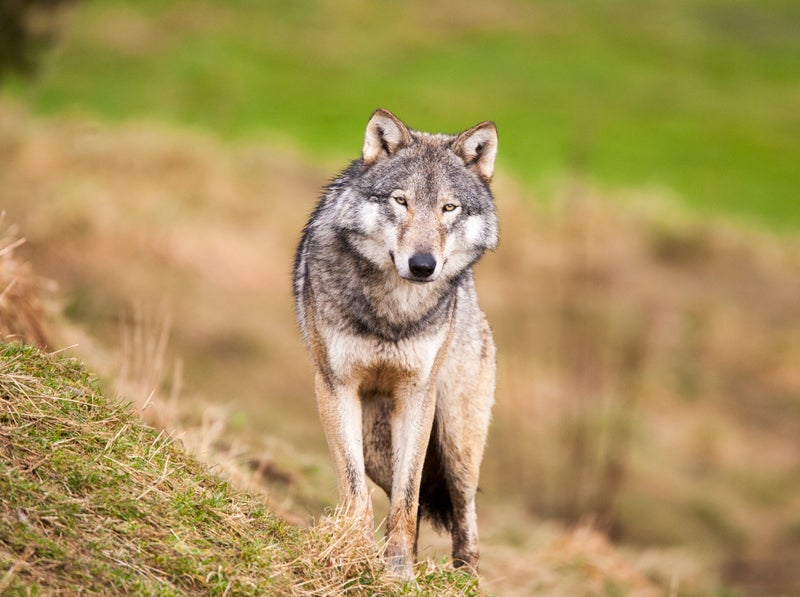A study led by researchers at the University of Leeds said that reintroducing the species into the Cairngorms, as well as the south-west, north-west and central Highlands could help curb the problem of red deer eating tree saplings, which stops natural woodland regeneration.
Reintroducing wolves in the Scottish Highlands could lead to an expansion of native woodland, which could take in and store 1m tonnes of carbon dioxide a year, researchers have suggested.
The scientists estimated that if wolves were reintroduced, a population of about 167 of the animals would thrive, which they said would be enough to reduce red deer populations to a level that would allow trees to regenerate naturally.
The study estimated that each wolf would lead to an annual carbon uptake capability of 6,080 tonnes of CO2, making each wolf worth about £154,000, using accepted valuations of carbon.
The research, which was published on Monday in the Ecological Solutions and Evidence journal, is the first time that the impact of reintroducing wolves would have on woodland expansion and carbon storage in the UK has been recorded.































